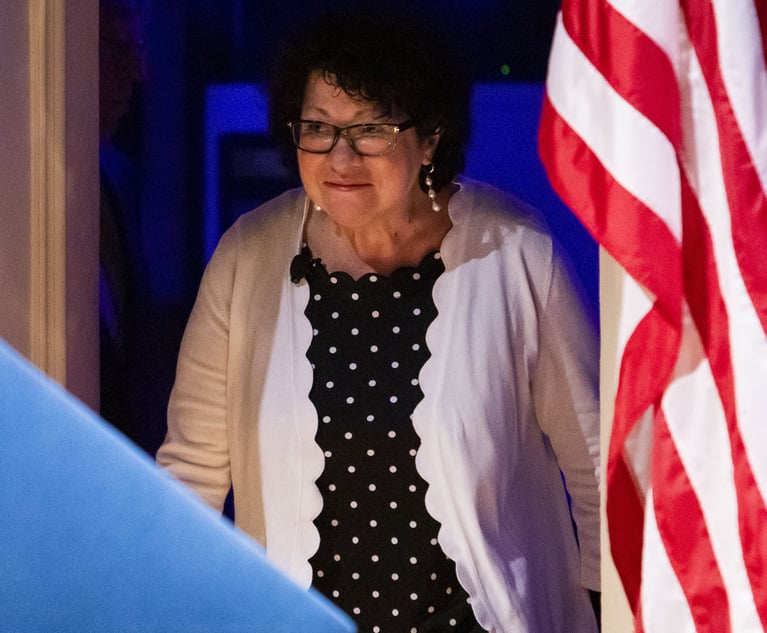In United States v. Blaszczak, No. 18-2811, 2019 WL 7289753 (2d Cir. Dec. 30, 2019), the Second Circuit significantly expanded insider trading enforcement authority. In an opinion written by Circuit Judge Richard Sullivan and joined by Circuit Judge Christopher Droney, the Second Circuit held that (1) certain confidential government information may constitute “property” in the hands of the government for purposes of the wire fraud and Title 18 securities fraud statutes, and (2) the “personal-benefit” requirement of Dirks v. SEC, 463 U.S. 646 (1983) does not apply to insider trading cases prosecuted as Title 18 securities fraud and wire fraud. Circuit Judge Amalya Kearse dissented from the court’s threshold determination that confidential government information may constitute government “property” for purposes of 18 U.S.C. §§1343 and 1348, the wire fraud and securities fraud provisions of Title 18.
Background
David Blaszczak was a “political intelligence” consultant for hedge funds and had previously worked at the Centers for Medicare & Medicaid Services (CMS). Between 2009 and 2014, Blaszczak obtained non-public information from his former colleagues at CMS—including defendant Christopher Worrall—and passed that information to hedge funds. In one instance, for example, Blaszczak learned from Worrall that CMS was planning on reducing the reimbursement rate for certain radiation oncology treatments, and shared this information with Theodore Huber, Robert Olan, and Jordan Fogel of the hedge fund Deerfield Management Company, L.P. (Deerfield). Deerfield then placed orders shorting approximately $33 million of stock in radiation-device manufacturer Varian Medical Systems (Varian). As expected, Varian’s stock fell when the rate change was announced, and Deerfield made $2.76 million in profits on its Varian trade.


 Martin Flumenbaum and Brad S. Karp
Martin Flumenbaum and Brad S. Karp




